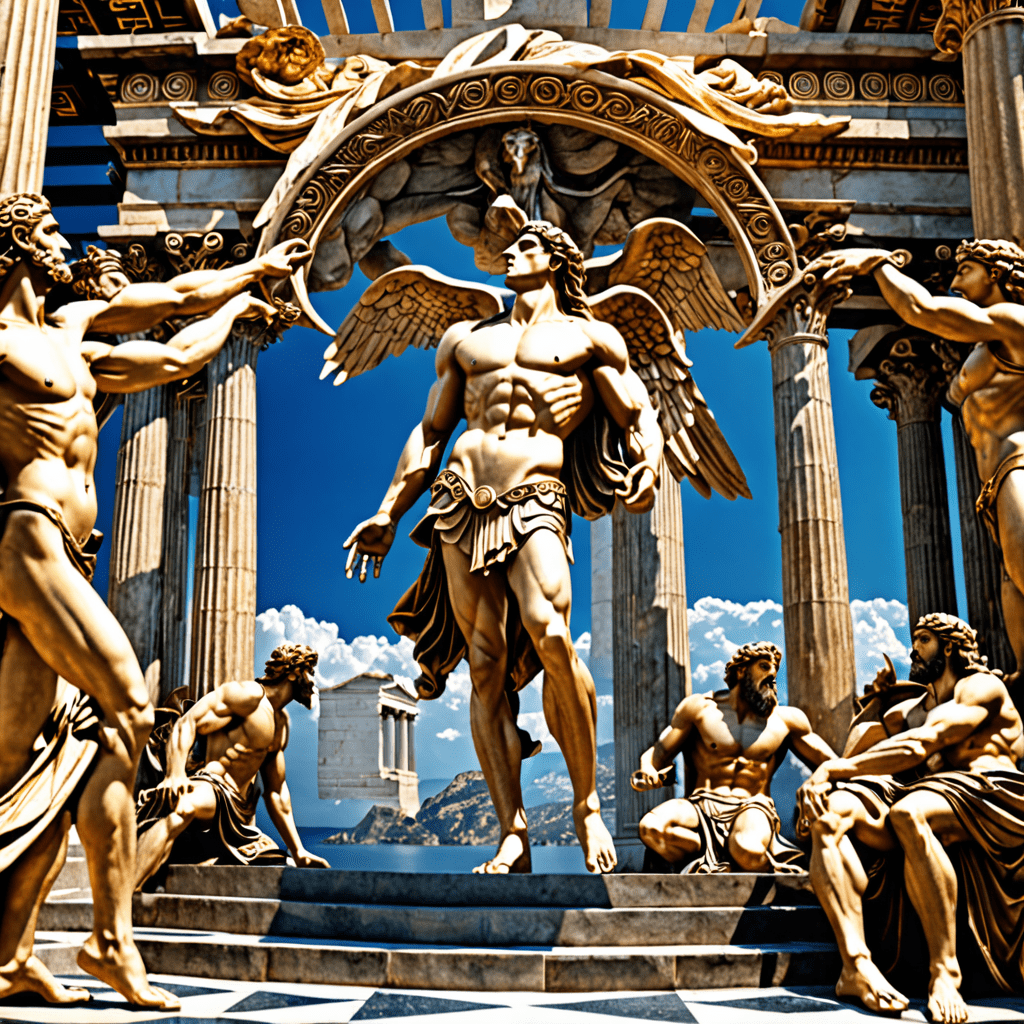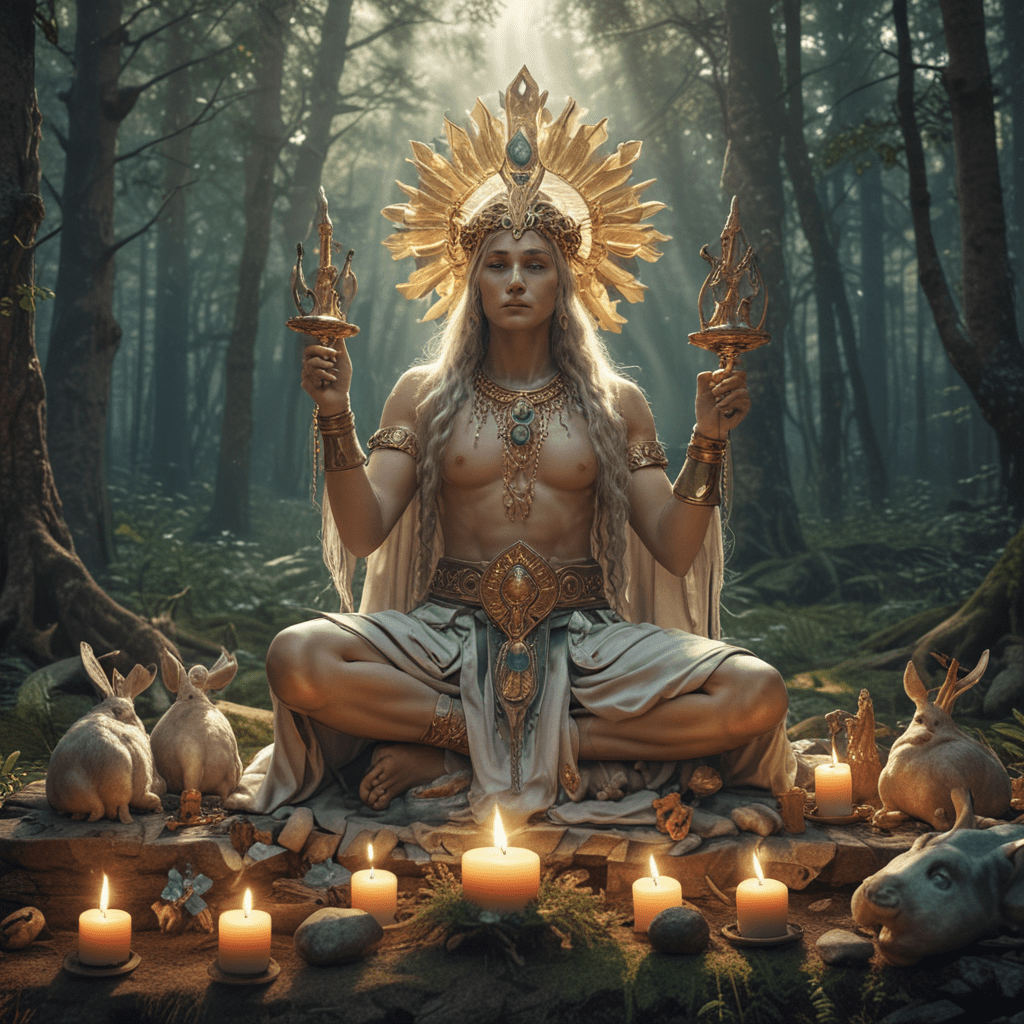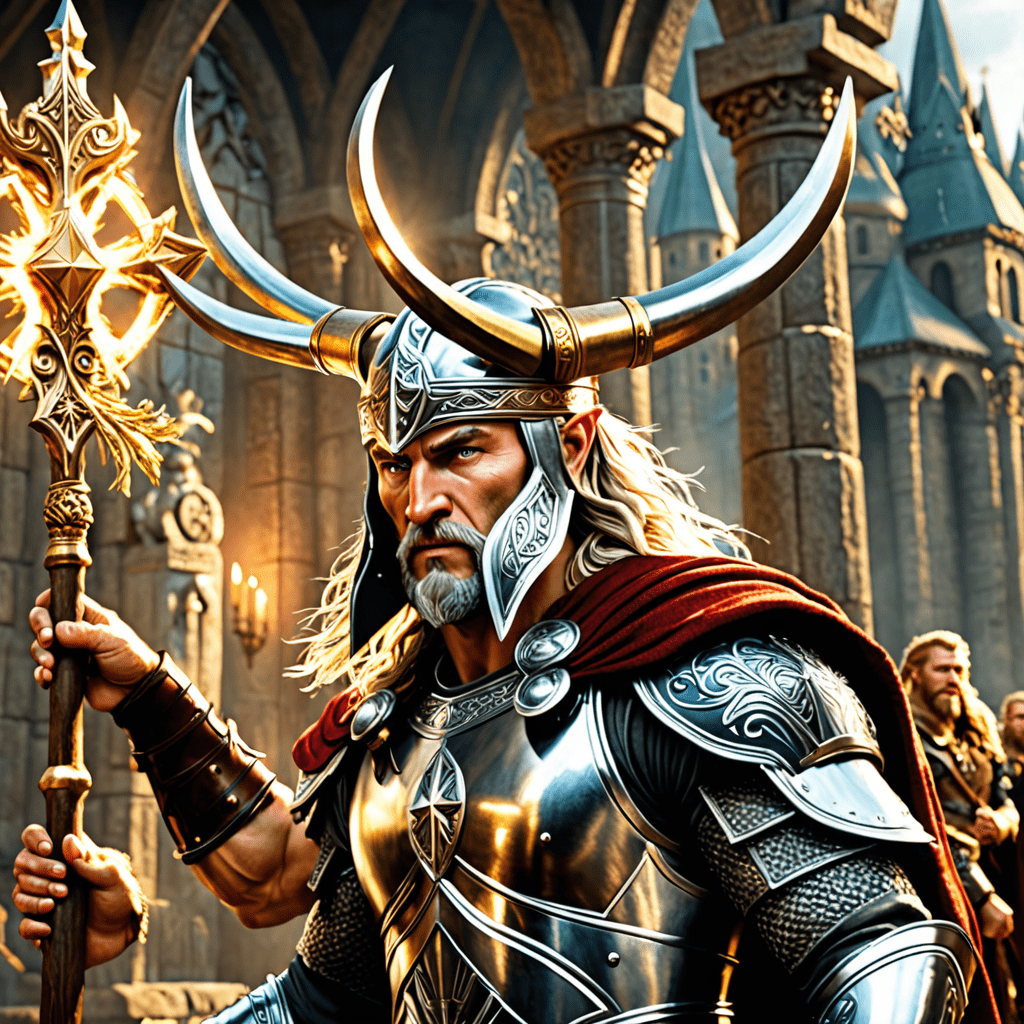Greek Mythology and the Concept of Identity
The Impact of Greek Mythology on Identity
Greek mythology has had a profound influence on how we understand and perceive identity. The ancient Greeks constructed elaborate stories about gods, goddesses, and heroes that embodied specific traits and characteristics. These myths often reflected human experiences, emotions, and dilemmas, allowing individuals to relate to the struggles and triumphs depicted in these narratives. This connection to mythical figures provided a sense of identity and belonging within the larger cultural framework of ancient Greece.
Themes of Identity in Greek Mythology
Identity in Greek mythology is intricately woven into various themes such as self-discovery, heritage, destiny, and the quest for meaning. Characters like Achilles, Odysseus, and Hercules grappled with their inherent identities, often facing challenges that tested their courage, integrity, and sense of self. The concept of fate, with its inevitability and unpredictability, underscored the complex nature of identity within the Greek mythological context.
Gods and Mortals: A Reflection of Identity
The interactions between gods and mortals in Greek mythology shed light on the multifaceted nature of identity. Mortals often sought favor, guidance, or protection from the gods, highlighting their vulnerability and desire for a deeper understanding of themselves and their place in the world. The divine lineage of certain heroes emphasized the intricate relationship between earthly identities and the supernatural realm, blurring the boundaries between mortal limitations and divine potentials.
The Evolution of Identity in Greek Mythology
Throughout the evolution of Greek mythology, the concept of identity underwent significant transformations, reflecting societal changes, philosophical inquiries, and cultural shifts. From the primitive myths of creation and chaos to the more nuanced narratives of heroism and tragedy, Greek mythology continued to explore the complexities of identity in relation to power, morality, and the human experience. These timeless tales serve as a mirror to our own search for identity and meaning in a rapidly changing world.
In conclusion, Greek mythology offers a rich tapestry of narratives that delve into the profound aspects of identity, shaping our understanding of who we are and who we can become. By exploring the themes, characters, and motifs within these myths, we embark on a journey of self-discovery and introspection, finding echoes of our own struggles and triumphs in the timeless stories of ancient Greece.

FAQs about Greek Mythology and the Concept of Identity
What is Greek Mythology?
Greek mythology refers to the collection of myths and legends originating from ancient Greece. These myths often involve gods, goddesses, heroes, and mythical creatures, explaining the origins of the world and natural phenomena along with the beliefs and traditions of the ancient Greeks.
How does Greek Mythology explore the concept of Identity?
In Greek mythology, identity is a central theme explored through the journeys and challenges faced by various characters. Heroes like Hercules and Odysseus grapple with conflicts that shape their identities, emphasizing traits like courage, loyalty, and perseverance. Gods and goddesses also represent different aspects of identity, such as wisdom, war, and love.
What role do myths play in shaping personal identity in Greek Mythology?
Myths in Greek mythology serve as narratives that reflect human experiences, emotions, and struggles, allowing individuals to relate to the characters and their quests for self-discovery. By embodying virtues or facing consequences, mythological figures help individuals contemplate their own identities, choices, and values.



